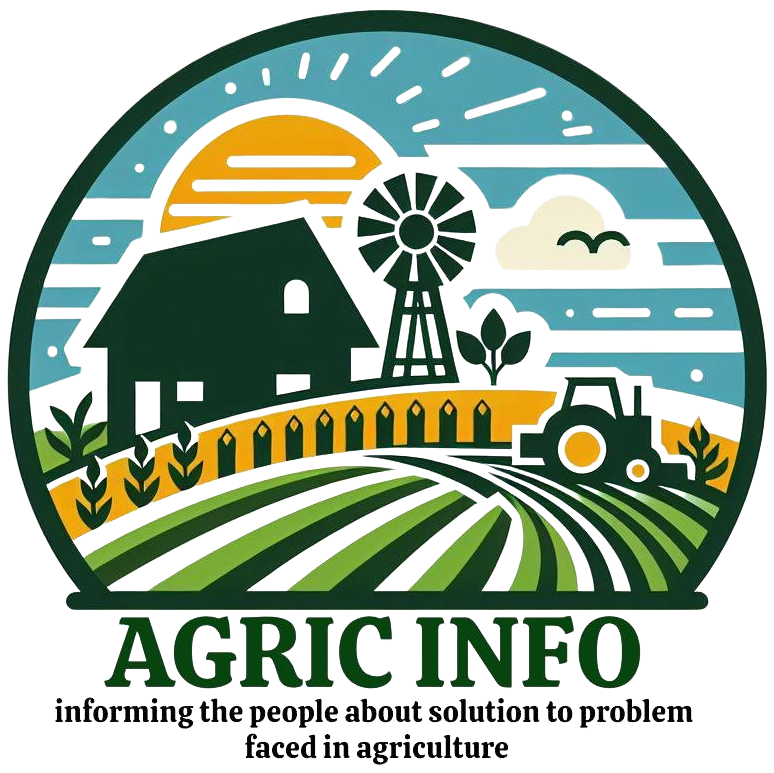10 Important Functions of a Farm Manager: Powerful Guide
One of the most important functions of a farm manager is to oversee the day-to-day operations and strategic management of a farm.
They are responsible for various tasks, including crop and livestock management, financial planning, and overall farm maintenance.
In this article, we will take you through the functions of a farm manager and the skills and requirements needed for this role.
Before then,
Check out 20 Must Have Farm Tools and their Uses 2024: Complete Guide
Who is a Farm Manager?
A farm manager is responsible for overseeing the operations and management of a farm.
They are involved in decision-making related to crop selection, planting schedules, and animal husbandry practices.
Farm managers work closely with agricultural specialists, agronomists, and veterinarians to ensure optimal yields and the well-being of livestock
Skills and Requirements of a Farm Manager
To be successful as a farm manager, you must have
- Agricultural Knowledge: Farm managers need a strong understanding of agricultural practices, including crop cultivation, livestock management, and soil health.
- Leadership Skills: You must possess leadership qualities to effectively manage farm workers and coordinate various activities on the farm.
- Business skills: Farm managers need to have a good understanding of financial planning, budgeting, and marketing to ensure the profitability of the farm.
- Problem-Solving Abilities: You should be able to identify and address issues related to crop diseases, pest infestations, and livestock health.
- Communication Skills: Effective communication is important for interacting with suppliers, buyers, and regulatory authorities, as well as coordinating with farm workers.
- Adaptability: Farm managers must be able to adapt to changing weather conditions, seasonal variations, and the unique challenges associated with different types of crops or livestock.
- Technical Skills: Familiarity with agricultural technology, farm machinery, and software for data analysis and record-keeping is important for efficient farm management.
- Knowledge of Regulations: You also need to stay updated on agricultural standards and regulations to ensure compliance.
- Physical Stamina: The role of a farm manager often involves physical work and long hours, especially during peak seasons such as planting or harvest.
- Passion for Farming: A genuine commitment to farming and a love for the agricultural industry are important qualities for a farm manager
10 Functions of a Farm Manager
1. Crop and Livestock Management:
One of the functions of a Farm manager is planning and implementing strategies for maximum yield, including crop selection, planting schedules, and livestock management.
2. Financial Planning:
They develop and manage budgets, monitor expenses, and ensure the farm’s financial stability.
3. Farm Administration:
Handling administrative tasks such as record-keeping, maintaining financial records, and managing farm data using agricultural software is one of the functions of a farm manager
4. Marketing and Sales:
They market the farm’s products, negotiate with buyers, and ensure that products are ready for deadlines such as auctions and markets.
5. Maintenance and Repair:
Farm managers arrange for the maintenance and repair of farm buildings, machinery, and equipment to ensure smooth operations.
Read 8 Best Methods of Preserving Farm Produce 2024: Complete Expert Tips and Guide
6. Staff Management:
As one of the functions of a farm manager, They plan activities for trainee staff, mentor and monitor them, and ensure a productive and efficient workforce.
7. Compliance with Regulations:
Farm managers ensure that farm activities comply with government regulations, including health and safety standards, animal welfare, and environmental protection.
8. Risk Management:
They also identify and mitigate risks associated with crop diseases, pest infestations, extreme weather conditions, and market fluctuations.
9. Community Engagement:
Engaging with neighboring farms, agricultural organizations, and local communities to foster relationships and promote the farm’s products is one of the functions of a farm manager
10. Strategic Planning:
Last but not least on the list of functions of a farm manager is they engage in strategic planning to optimize farm operations, improve efficiency, and explore new opportunities for growth
Problems of a Farm Manager
Being a farm manager comes with its own set of challenges. Some common problems faced by farm managers include:
- Weather Uncertainty: Farm managers experience unpredictable weather conditions that can impact crop growth and livestock health.
- Market Fluctuations: Changes in market prices and demand can affect the profitability of the farm.
- Labor Shortages: Finding and retaining skilled farm workers can be a challenge, especially during peak seasons.
- Pest and Disease Management: Dealing with crop diseases, pest infestations, and the spread of infections among livestock requires proactive measures.
- Financial Constraints: Limited financial resources can restrict the implementation of necessary farm improvements and investments.
- Regulatory Compliance: Keeping up with changing regulations and ensuring compliance can be time-consuming and complex.
- Environmental Sustainability: Balancing farm productivity with sustainable practices and minimizing the farm’s impact on the environment can be a challenge.
- See also Anatomy And Physiology of Farm Animals: Powerful Guide for 2024
Final Note
Being a farm manager requires a set of skills, including agricultural knowledge, leadership abilities, and business acumen.
Also, you need to effectively manage crop and livestock operations, handle financial planning, and address various challenges
As farm managers play a vital role in the success of a farm some of which have been discussed above as the functions of a farm manager.
We hope this article has helped understand the functions of a farm manager, their skills, responsibilities, and the problems they face sometimes.
If you have any further questions or need additional guidance, feel free to leave a comment below
Thank you for reading.

